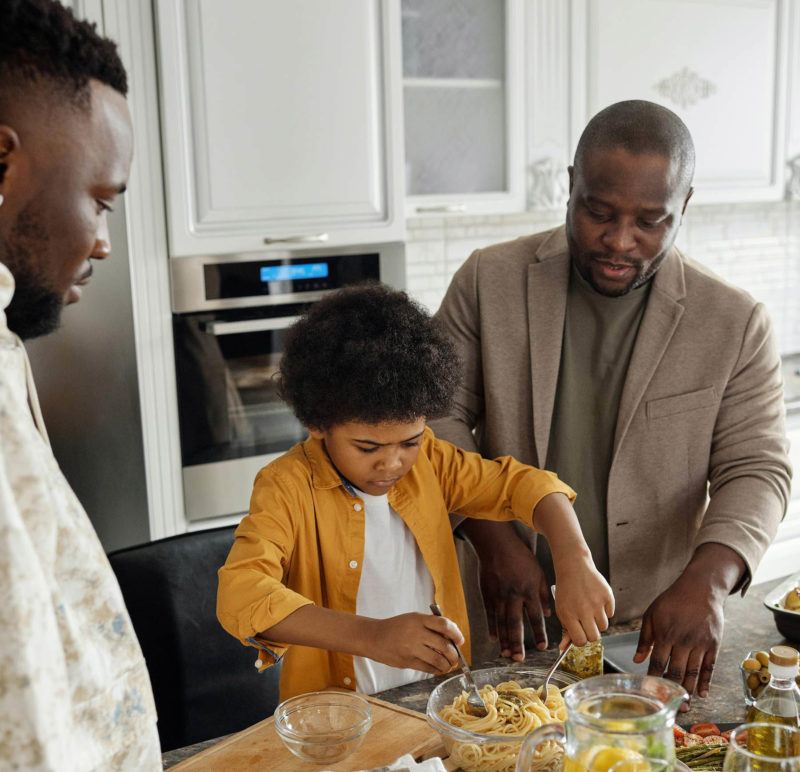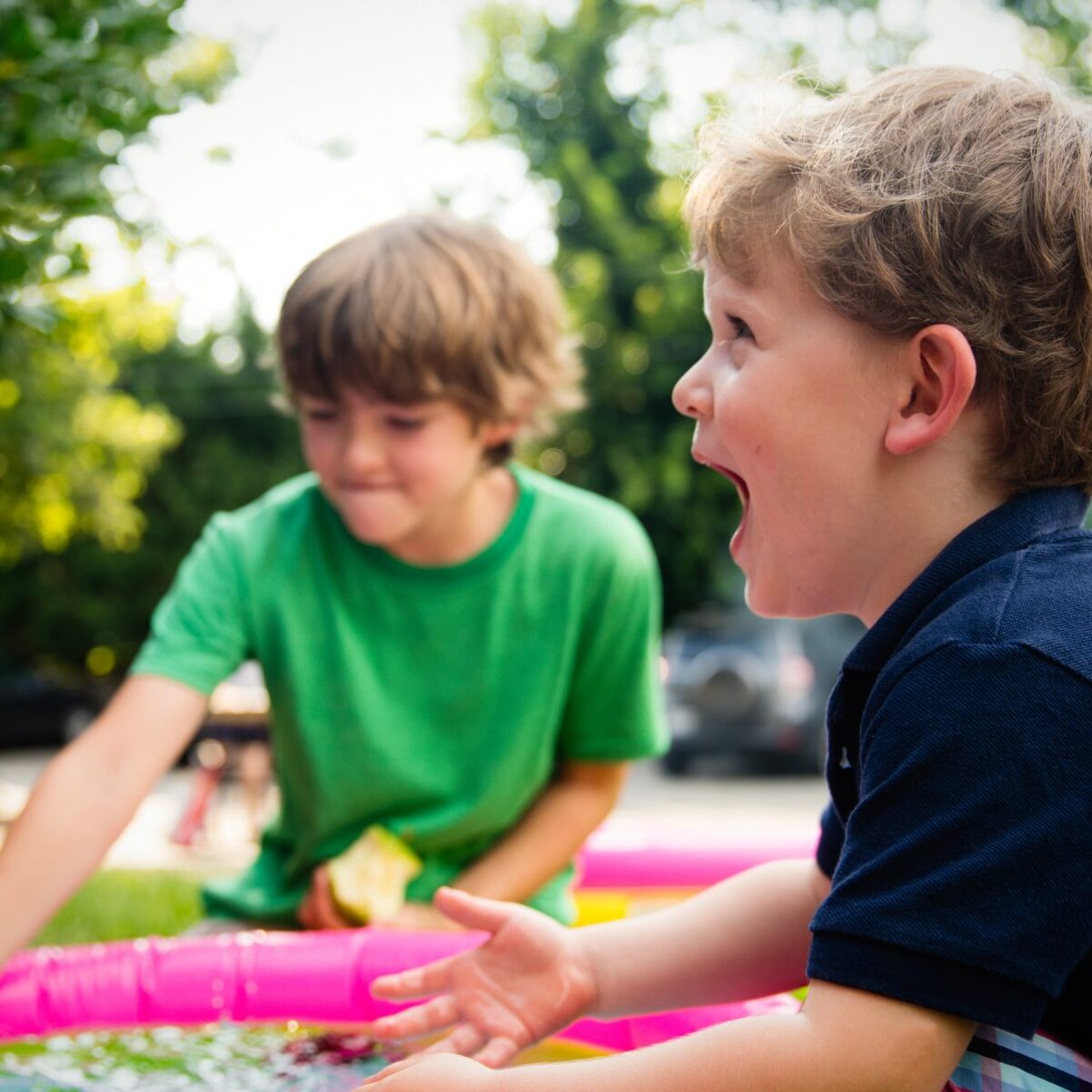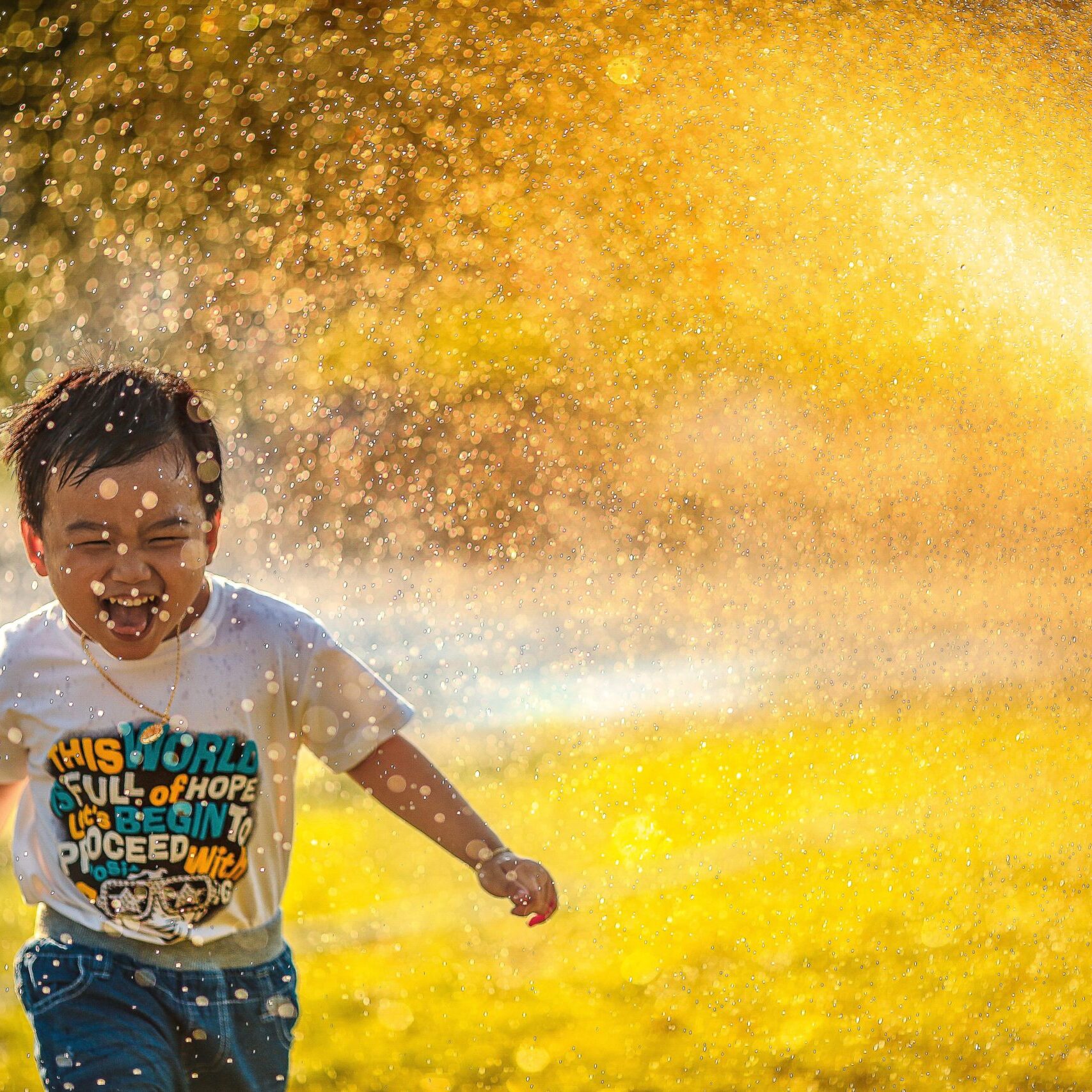
ABOUT THE AUTHOR
Maria Laib
OhioKAN Regional Coach, Region 9
Maria has spent her entire career working in social services in diverse areas across child, adult and family systems. She has worked in direct service and in various levels of management at Hamilton County Juvenile Court, Sojourner Recovery Services in Butler County and most recently as a Regional Clinical Supervisor for Path Integrated Healthcare before joining OhioKAN. Additionally, she has taught social work courses at the graduate level. Maria is a Licensed Independent Social Worker with Supervision Designation (LISW-S) and holds a Bachelor’s Degree in Social Work and Criminal Justice from Xavier University, and a Master’s Degree in Social Work from the University of Kentucky. She enjoys all things nature, has a love of learning, and spends most of her free time with family and friends.
The pandemic has impacted us in ways we could never have predicted, with the entire globe experiencing dramatic short- and long-term changes in our physical and social environments, illness and death, financial hardships, shortages in food and other essentials, depression and anxiety, social isolation and more.
The ability to cope with adversity in a meaningful way, and to bounce back or recover from adversity, is the characteristic known as resilience.
If our goal is a healthy mind, body and soul, then we have to build resilience in ourselves, our children, and in our families. What does this look like, and how can we accomplish this? It starts with recognizing that resilience is not an innate character trait which a person is born with, but a skill that can be learned.

Researcher Lucy Hone (TEDx Talks: November 13, 2019) describes three strategies of resilient people:
- Resilient people accept that “life happens” and suffering is part of life and part of every human experience. They accept that they are not alone, understand that every person experiences adversities, and that there are some things they just can’t change.
- Resilient people are good at choosing carefully where they select their attention and focus on things they can change. They engage in “benefit finding” by finding things to be grateful for each day. This is a learnable skill! Holding hope for the future and setting goals give us something to look forward to and work towards.
- Resilient people are reflective, often asking themselves: “Is what I am doing helping or harming me? Is the way I am thinking or acting helping me or harming me?” This is perhaps the most powerful and impactful of the strategies, because it gives a person control and is empowering at its core.
Resilience strategies are skills that each of us can learn, and what we can teach to our families as tools to thrive.
As we prepare our children for the future, we understand that resilience matters. Children that learn to be resilient carry it with them into adulthood. Since challenges are inevitable, resilience is critical for this transition.
By creating a resilient family environment – one in which a child not only has their basic needs met, but feels safe to share their thoughts and feelings – children may feel respected, valued, and motivated, and will be in a better position to thrive.
Here are a few ways to foster a resilient family environment:
- Spend quality time with your child. Quality is more important than quantity, and the small things matter. Eat meals together and talk, read together, do things with your child they love to do, and create tech-free times at home to tune in to each other more fully.
- Focus on what your child is doing right. Encourage a culture of respect, and choose your words carefully. Words matter: “catch” your child doing good things, and be specific in your praise.
- Listen to your child. Give them your full attention and show them you hear them by paraphrasing and asking more questions. Show empathy to their challenges.
- Create unity through regular communication, establishing routines and traditions, and having fun together. Look for opportunities to make a difference along with your child by serving others.
- Find a balance between being supportive while encouraging independence. Sometimes we need to allow our children to work through challenges on their own. Give them the space and time to come up with solutions on their own, which can build their confidence.
- Reflect on your internal resources — your own character and personality traits, skills, and abilities — as well as your external resources, such as support networks in the community, to help solve problems. For example, seeking out help from OhioKAN in accessing resources for your family is resilience!
- Practice self-grace! Recognize that you are human, and missteps are inevitable. When you feel you’ve failed, realize that you’ll never be perfect, forgive yourself, and keep moving forward.

As you take steps during these challenging days to build resilience for yourself and your family, remember that you can do this with patience and practice! It will not be easy, but you are more resilient than you realize.
Additional Resources
Mental Health America: Building Resiliency to Isolation and Loneliness
Resilience Guide for Parents
Why Try Program


















